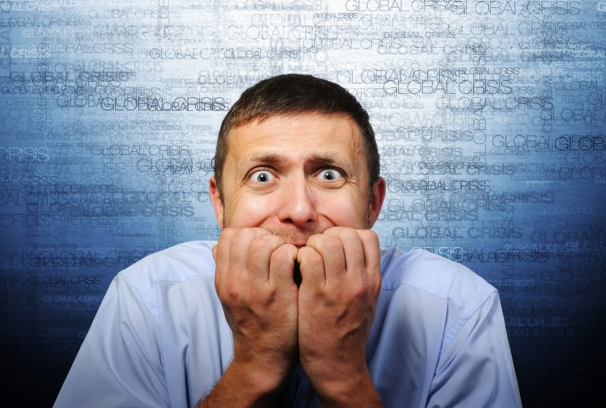If you’re highly anxious, you’re going to have trouble making decisions in unpredictable, uncertain situations. That’s no surprise, but new research shows how and why that happens. I think the findings add to the value of meditation, which many studies have found builds your capacities to regulate stress and anxiety.
In this new study, researchers at at the University of California, Berkeley and the University of Oxford looked at people’s response to unpredictability. As reported in Medical Express, they found that people prone to high anxiety have a tougher time reading the environmental cues that could help them avoid a bad outcome. They have more trouble deciding how best to handle life’s uncertainties, in general.
“Our results show that anxiety may be linked to difficulty in using information about whether the situations we face daily, including relationship dynamics, are stable or not, and deciding how to react,” said study lead author Sonia Bishop, in a summary of the research. “It’s a bit like being Alice in Wonderland, trying to work out if the same rules apply or if everything is different and if so, what choices you should make,” she added.
For example, the researchers explained, a friend may suddenly lash out for no discernible reason. That friend’s behavior could reflect a typical variation in their day-to-day mood or interactions or, more dramatically, an underlying change in their relationship with you. The challenge for a person prone to anxiety is assessing the situation in context of what else has happened recently and responding appropriately.
The study, published in Nature Neuroscience, found that highly anxious people may catastrophize as well. For example, they may “interpret a lovers’ tiff as a doomed relationship or a workplace change as a career threat.” And, as Bishop noted, “An important skill in everyday decision-making is the ability to judge whether an unexpected bad outcome is a chance event or something likely to reoccur if the action that led to the outcome is repeated.”
The researchers suggest that a glitch in the brain’s higher-order decision-making circuitry may underlie this difficulty. For a full description of the study and how it was conducted, see this summary in Medical Express.
Photo Credit: HomeArt / Shutterstock

